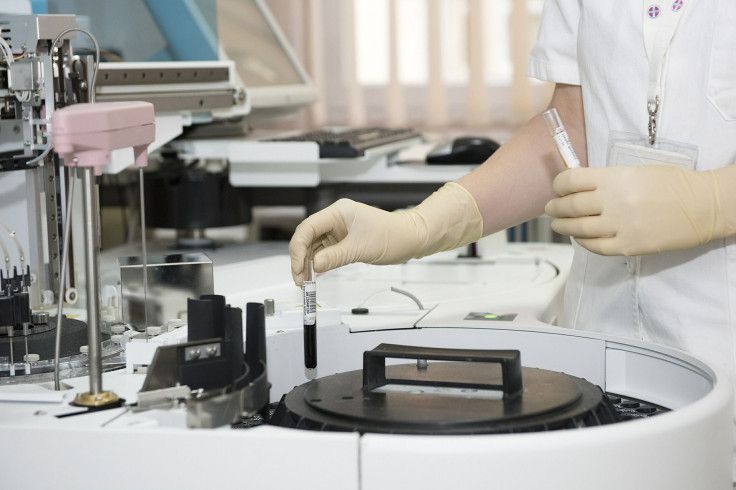Stem Cell Research Finds Sleep Deprivation Could Be Impairing Transplant Efficiency

An unexpected factor may be influencing stem cell transplants, suggests a new study by researchers at the Stanford University School of Medicine. They found that a sleep deprived donor has a huge effect on the ability of blood and immune system stem cells to migrate to their proper spots in the bone marrow of a recipient.
The research was conducted on laboratory mice, but may have implications for human stem cell transplants. Thousands of procedures often referred to as bone marrow transplants (but more accurately called hematopoietic stem cell transplants) are performed every year for patients with immune system cancers or disorders.
In the experiment, a sleep deficit of only four hours could affect by as much as 50 percent the ability of stem cells to migrate successfully.
“Considering how little attention we typically pay to sleep in the hospital setting, this finding is troubling,” said Dr. Asya Rolls, an assistant professor at the Israel Institute of Technology, in a statement. “We go to all this trouble to find a matching donor, but this research suggests that if the donor is not well-rested it can impact the outcome of the transplantation. However, it’s heartening to think that this is not an insurmountable obstacle; a short period of recovery sleep before transplant can restore the donor’s cells’ ability to function normally.”
Rolls is co-lead author of the study along with Dr. Wendy Pang, a postdoctoral scholar at Stanford, and Dr. Ingrid Ibarra, the assistant director of the Stanford Cardiovascular Institute.
The team conducted research comparing mice who had been gently handled for four hours to prevent sleep with mice who were well-rested. They collected stem cells from the bone marrow of both groups of mice and injected them into 12 mice who had received what would normally be a deadly dose of radiation. The recipient mice also got a dose of their own bone marrow cells, so it would be possible to track the abilities of the donated cells in relation.
The researchers assessed the prevalence of myeloid cells, a type of immune cell, at both eight and 16 weeks after the transplant. They found that stem cells from the well-rested mice made up about 26 percent of myeloid cells over time, but stem cells from sleep deprived donors made up only about 12 percent of the recipient’s myeloid cells.
The team also looked at the ability of the stem cells to migrate properly from the blood into the bone marrow. After 12 hours, 3.3 percent of the stem cells from rested mice had found their way to the bone marrow, compared to only 1.7 percent of stem cells from sleepy mice.
Rolls and her colleagues found that the effects of sleep deprivation could be reversed by catching only a couple hours of sleep.
“Everyone has these stem cells, and they continuously replenish our blood and immune system,” Rolls said. “We still don’t know how sleep deprivation affects us all, not just bone marrow transplant donors. The fact that recovery sleep is so helpful only emphasizes how important it is to pay attention to sleep.”
Source: Rolls A, Pang W, Ibarra I, Colas D, Bonnavion p, Korin B, et al. Sleep disruption impairs haematopoietic stem cell transplantation in mice. Nature Communications. 2015.
Published by Medicaldaily.com



























